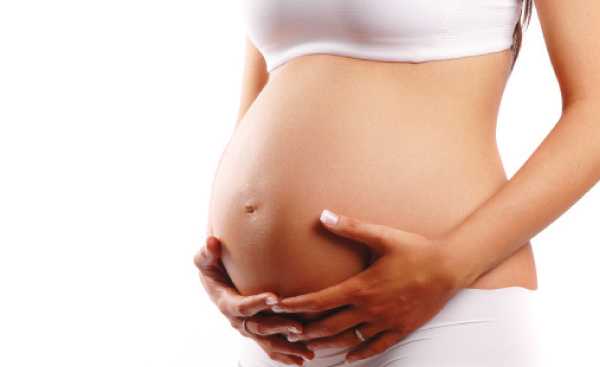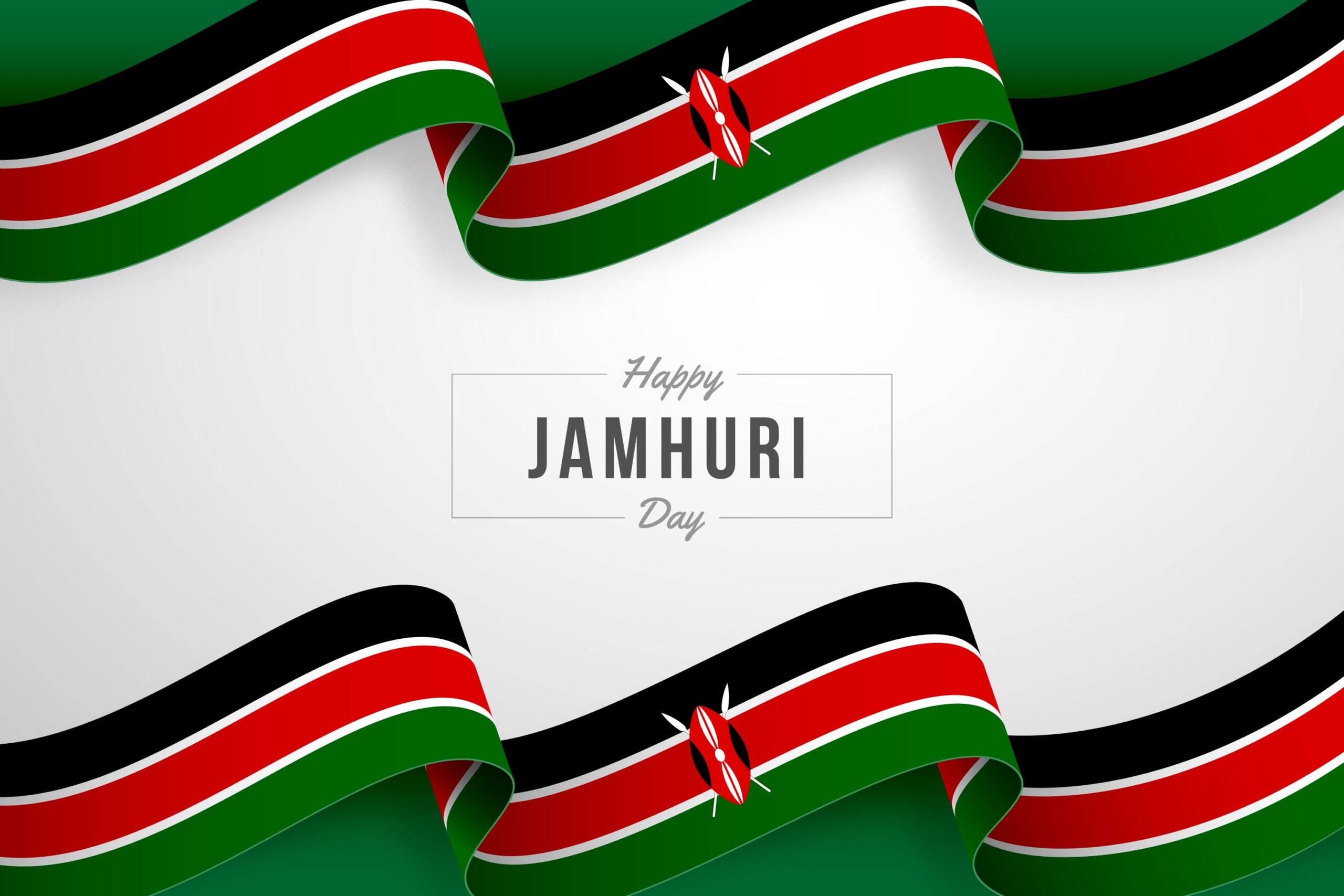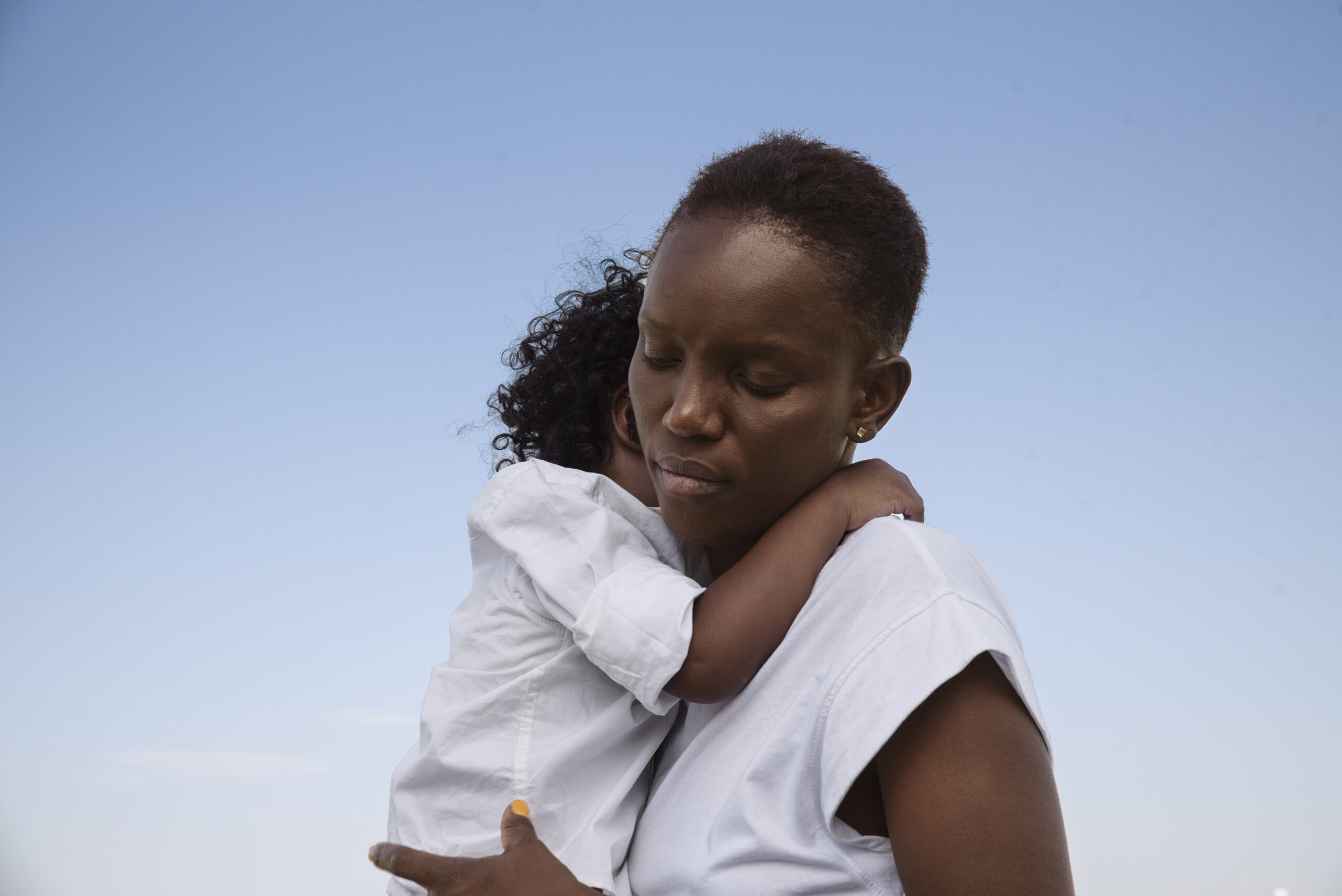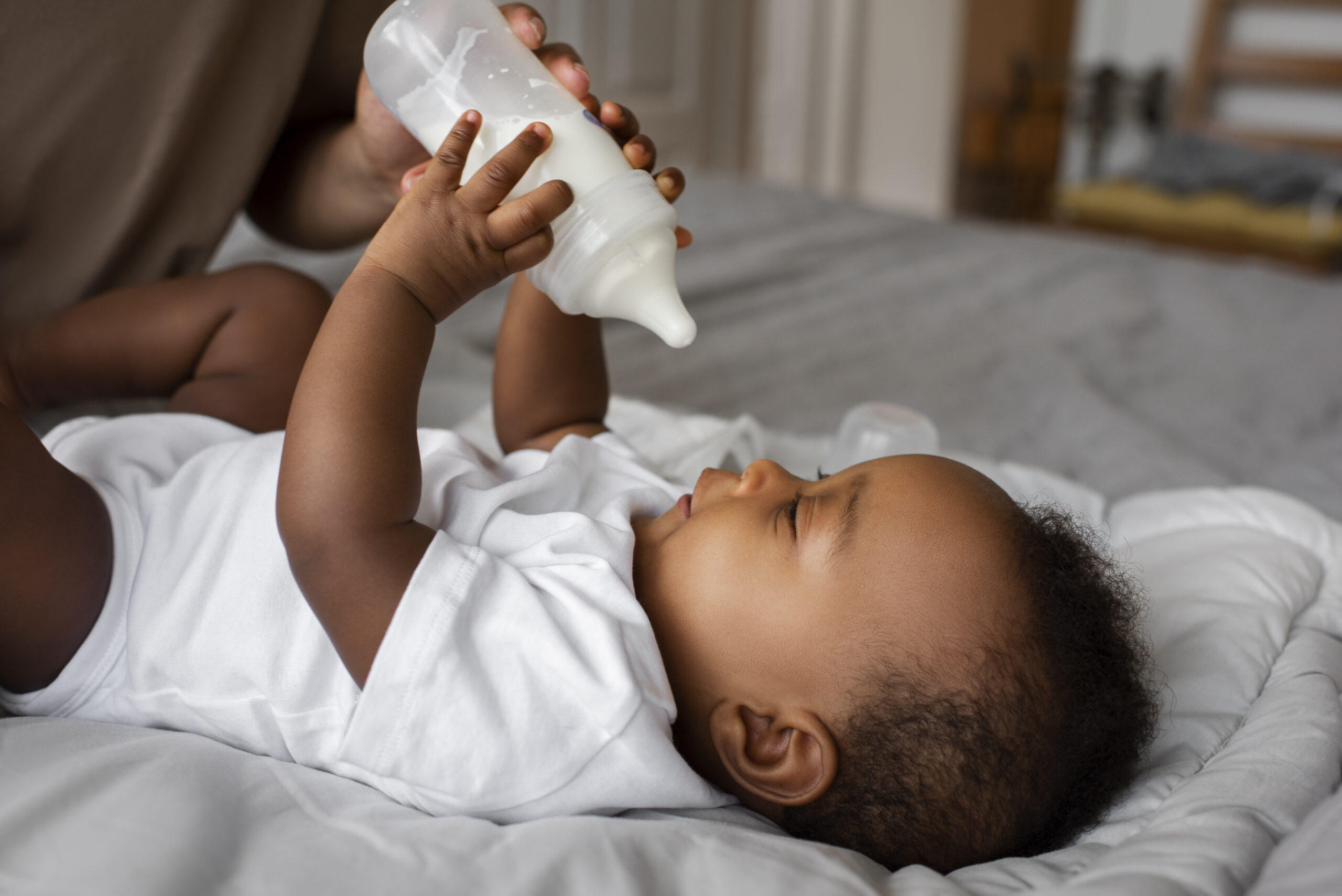Baby’s prenatal MILESTONES
So you are pregnant (the good news), throwing up and piling on the kilos (the bad news). You are not the only one going through life changing or

So you are pregnant (the good news), throwing up and piling on the kilos (the bad news). You are not the only one going through life changing or should we say life-forming hurdles. That little bun swirling in your oven is also facing major life changes. As months go by, your baby takes shape while hitting major and significant milestones. So sit back, relax and enjoy the changes. You will be surprised to find out what happens during the different trimesters! Read on.
First trimester 0-3 months (3-12 weeks)
It is often described as the most crucial trimester as this is when most of the baby’s growth spurts takes place. It can also be very volatile since one is vulnerable to miscarriage.
At this stage, the baby changes from a mass of cells, as organs start to form and even function. For instance, your baby’s heart begins to beat twice as fast as yours. By the sixth-to-eighth week or two months, facial features like eyes and nostrils begin to form and by the second month, arms and legs start sprouting and baby has little fingers, a nose and an upper lip. All major body systems continue to develop including the circulatory, nervous, digestive and urinary systems, meaning the kidney, liver, brain and even intestines are already functioning. By the third month, the baby’s external reproductive organs have formed, bones are hardening and baby can hiccup. You can also hear their heartbeat when you go for your first ultrasound.
Mother’s Tip: Your diet literally sets the stage for baby’s development. You get it wrong from the onset and there’s no turning back. Of utmost importance are proteins, calcium, vitamin D, iron and folic acids. It is recommended to take supplements in order to have adequate supply of these vital nutrients that determine baby’s organ development
Second trimester 4-6 months (14-27 weeks)
This is the honeymoon stage since mothers-to-be start enjoying their pregnancies. The danger of miscarriage is reduced and morning sickness, if any, subsides and the bump starts showing. In terms of the baby’s growth, most organs have developed and emphasis is now on increase in weight and height, which will multiply about seven times at this stage.
At four months, your baby discovers thumb sucking and can make facial expressions. The fun begins between the 14th – 16th week. You cannot only detect the sex of your baby in an ultrasound, but should also expect to feel your baby’s movements for the first time. Although the eyes are shut, they can see light filters. By the 19th and 24th week or five-to-six months, your baby can detect sounds both internal such as your heartbeat and external such as someone’s voice. He can detect motion, for instance, as you walk or dance, and so on and his taste buds also develop. By the sixth month or 24th week, his brain and hair continue to grow at an accelerated rate and he can now not only inhale and exhale, but also open and shut his or her eyes.
Mother’s Tip: It is advisable to start taking childbirth classes. Early preparation reduces chances of getting overwhelmed or anxious as you gear up towards the finish line, especially for first time mothers.
Third trimester 6-9 months (28-40 weeks)
This is the home stretch and your baby is in the last stages of development and a lot of fine-tuning of last minute details in readiness for birth is taking place. Between the 28th and 32nd week, his fingernails and toenails are formed, his eyesight, eyebrows and lashes improving and baby weighs about 1.3 kgs to 1.8 kgs. At this point it is possible to deliver before your due date. Deliveries in the 34th to the 36th week are referred to as late pre-term deliveries and the baby will need neo-natal assistance. For the most part, many late pre-term babies end up just fine. By nine months or 37 weeks your baby’s lungs are fully developed, he can cry and is already lying downwards preparing to come into the world at 40 weeks.
Mother’s Tip: Dealing with a new born can be overwhelming so fine-tune all the last minute major preparations and decisions such as double-checking your delivery booking details, getting the support system such as a nanny or family members in place and baby’s needs such as diapers, clothes and utensils ready.




